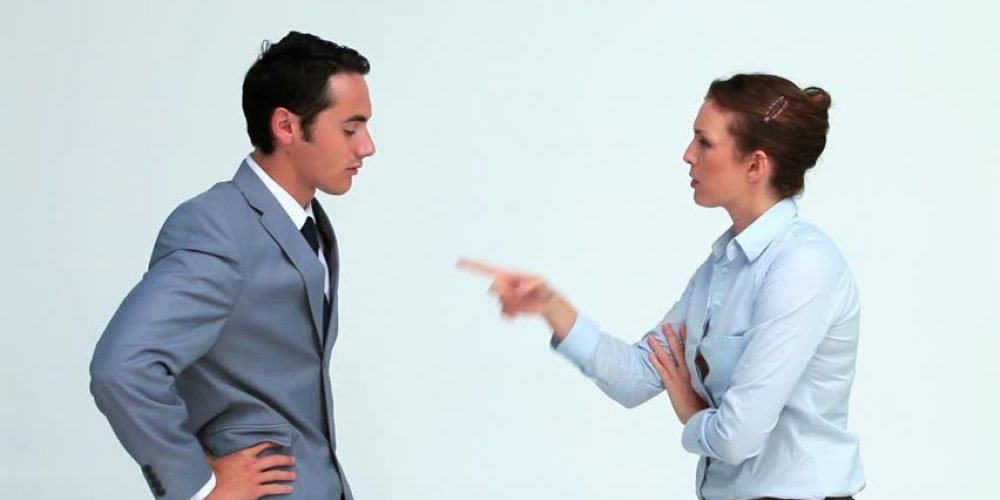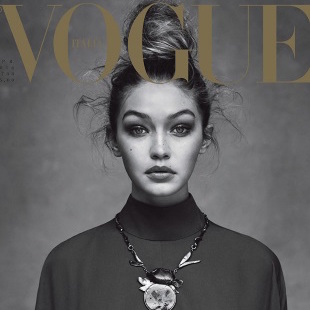You won’t be making nearly as much money for stock as for other commercial print work, and you won’t be getting any renewal or residual money either — all rights are “bought out”. But it gets worse. Neither the model nor the photographer knows the eventual end use of the pictures. In a worst case scenario a model may find that a picture of her was just used on a box of laundry soap, and the next day she gets an offer to be the box cover girl for a competing brand. The job would pay several thousand dollars — but she is disqualified because of that stock job she did for two hundred dollars a few years earlier. That is what most worries those who argue against doing stock: that for a little money you may give up the opportunity to make a great deal of money later. And truth be told, things like that do happen. The argument is not wrong.
There is another argument against stock as well: you have no control over the products your pictures are used to advertise. It may be something embarrassing (bladder control pads) or worse, something you have a moral objection to.
The Argument For Stock
Which is worth more: a lottery ticket a day before the drawing, or a ten dollar bill? Suppose someone with a hunch offers you ten bucks for a lottery ticket you just bought, and you take the deal. Two days later, if the ticket is a winner, you kick
yourself for being so stupid as to sell it and lose all winnings. The great majority of the time, however, the ticket would not have hit, and you would be better off stuffing that ten bucks in your pocket with a smile on your face. Selling the ticket is statistically the right answer, even though once in a long while you may lose out on a big score. Stock photography can be like that. It is true that someone sometimes loses a big opportunity because they took the smaller, sure money. But those cases are infrequent enough that the mathematics can argue in favor of taking the money and the chance.
Another side of the issue: frequently a stock job will also give you pictures which you can use for your composite card. For those with lots of money who can hire a professional photographer this may not be a big benefit; for those on a restricted budget who cannot afford to get the pictures to get their career started, it may make a huge difference. Certainly it is possible that shooting stock may cost you some future job; but, for a beginning model, the lack of a composite card may cost you several jobs. If stock enables you to jump-start a career that otherwise is languishing, the economics work out in your favor even if you do lose a future job. Each model has to make an individual choice: to take a few hundred dollars and perhaps some pictures and accept the possibility that they would lose a big job later, or to wait and hope for the big job to come along. Some agencies make that decision for you, others will let you make it for yourself.






